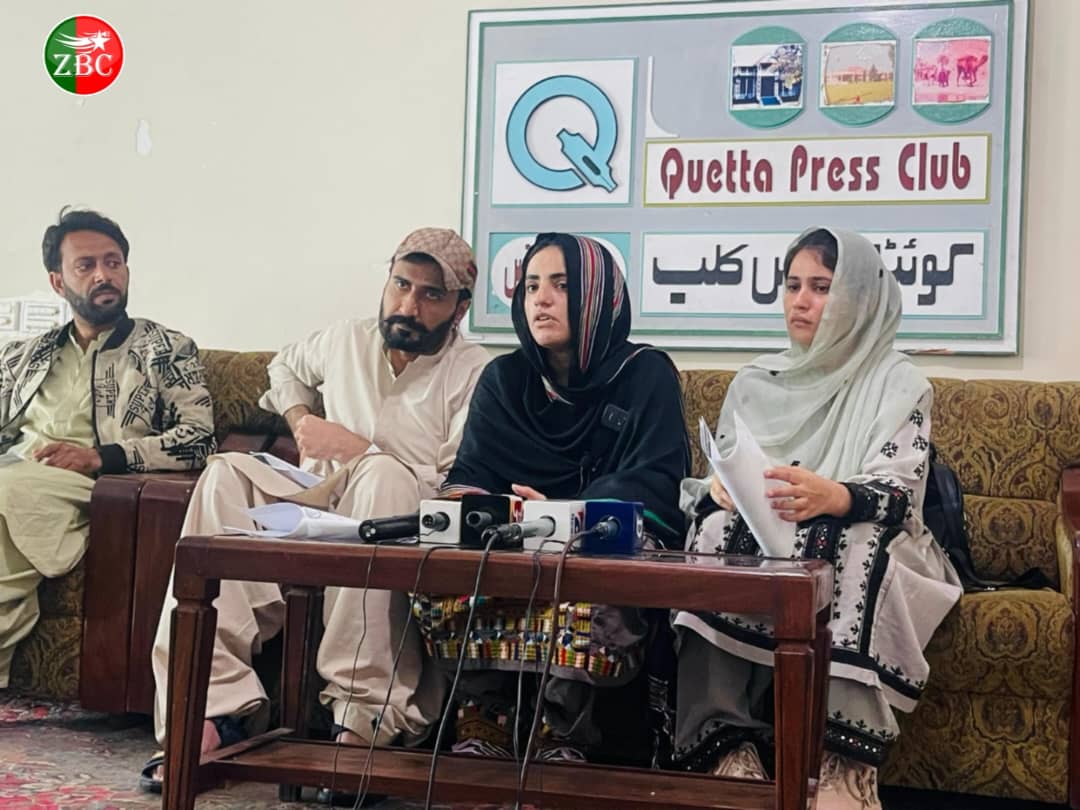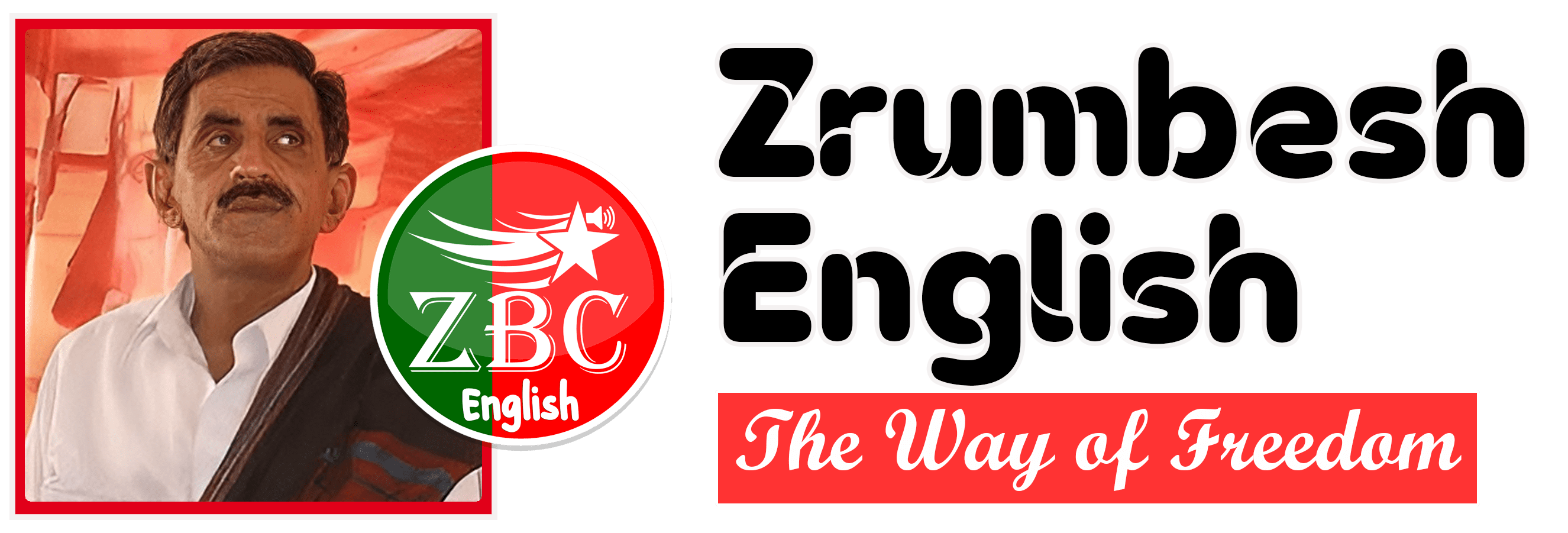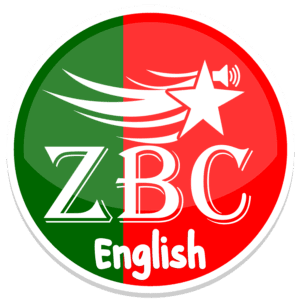
Quetta (Monitoring Desk): Dr. Mahrang Baloch, head of the Baloch Yakjehti Committee (BYC), stated in a press conference that the ongoing state oppression in Balochistan is well known to everyone. She said, “We have not only witnessed but also endured state repression within a short period. Similarly, dozens of journalists from your profession have also been victims of this oppression. Who can understand enforced silence better than you? You are well aware of threats of enforced disappearances, harassment and death threats.”
She highlighted that Balochistan has faced state pressure for the past seven decades to suppress voices. The state has continuously used its power to impose oppression, exploitative projects, resource plundering and political engineering. To maintain this control and violate the legitimate human rights of Baloch people, five major military operations have been conducted, turning Balochistan into a graveyard over the past two decades. Yet, what has been achieved? Or what is the goal of this oppression?
“This is our homeland, but it has been divided like a piece of cake. Its resources are being plundered relentlessly. Even today, in Pakistan’s mainstream media, some discuss dividing Balochistan into different units, some talk about severing our lifeline, Gwadar, while others deny our historical existence altogether. If we carefully analyze all these actions, there is only one conclusion: an attempt to erase the Baloch people from existence, to eliminate their identity, to fragment their thousand-year-old homeland all to sustain the luxuries of Islamabad’s rulers.”
Dr. Mahrang emphasized that Balochistan is our homeland, and speaking out against its oppression is our natural right. “We will say it again: our land is a gift from God, inherited through the sacrifices of our ancestors. Living here, breathing here and making decisions about it is our fundamental right. Whenever any force has attempted to strip us of this right, Baloch people have resisted, even in their weakest positions.”
She criticized the rulers and their media representatives for being unaware of Baloch history, culture and ethical bonds. Their arrogant statements in media briefings and talk shows distort reality. “Our history is filled with stories of resistance, and each passing day adds new pages to our struggle. Yet, these ignorant rulers, intoxicated with power, continue to threaten the annihilation of the Baloch people.”
She further stated that Baloch political history is written with the blood of political activists. “If we look at the past seven decades of struggle, we see that political leaders and activists have faced imprisonment, execution and bullets. However, one legacy passed down to us by our predecessors is never bowing to power. Do the current rulers not remember Baboo Noroz or Hamid Baloch’s execution? Their memory is weak, but every act of state oppression is etched in the collective memory of the Baloch people—from mothers’ lullabies to poetry.”
Dr. Mahrang also revealed that state forces are using various tactics to suppress political struggle, from enforced disappearances to threatening phone calls. “The goal is to crush the unwavering struggle of Baloch solidarity against oppression. Many incidents never reach the media because we prioritize the collective suffering of the Baloch people over our personal hardships. However, today, it has become necessary to expose the state conspiracies and repression against BYC and its activists.”
She pointed out that the state is using the media to brand them as terrorists, facilitators and foreign agents, but “the people know the truth. These labels will not push us back even an inch from our political struggle.”
The BYC leader reported that state pressure on their activists has reached its peak. “Last week, our member Gulzadi Baloch was forcibly disappeared from her room in Quetta. Around 11 AM, twenty armed CTD (Counter Terrorism Department) personnel stormed in, assaulted her, pointed weapons at her and threatened her: ‘Come with us, or we will take you by force.’ They seized books, mobile phones, and laptops before taking her away.”
She added that Gulzadi Baloch was taken to a CTD camp, where she was subjected to severe mental torture. “She was pressured to leave BYC, abandon the struggle for missing persons, and remain silent. She was threatened with death if she did not comply. The officers explicitly told her, ‘You are all just one bullet away.’ They also threatened her family, warning that if she did not step back, her loved ones would suffer.”
Dr. Mahrang expressed grave concern that the state and its intelligence agencies might execute their threats, just as they have done to previous generations of Baloch activists disappearing them, mutilating their bodies, forcing them into exile, or silencing them permanently. “Gulzadi Baloch was detained for hours and warned: ‘We are watching you, and we can take you anytime we want. It’s better if you voluntarily report to the CTD office whenever summoned. If you don’t, you will be forcibly taken again.’ After her release, CTD officers continued to threaten her via phone and WhatsApp, warning her not to speak out about the ordeal or face consequences.”
She asserted that “speaking about public rights or state oppression in Balochistan is life-threatening. We are well aware of this risk, yet we believe that at this critical juncture, where our survival is at stake, individual safety holds no meaning. That is why we continue our struggle, putting our lives on the line.”
She reaffirmed that the state can kill them, forcibly disappear them, or target their families, but they have resolved never to remain silent in the face of oppression. “We make it clear to the state and its institutions: whether it is fear of enforced disappearance or threatening phone calls, we will not abandon our political struggle. We will not be silenced about enforced disappearances. If the state fears our struggle, then it should abandon its inhumane practices, stop disappearing Baloch people, end the oppression in Balochistan, and recognize the Baloch nation’s right to live in their homeland. Our demands are centered on these points, and they are entirely constitutional and democratic.”
Dr. Mahrang Baloch concluded by addressing state institutions, media personnel, intellectuals, and the public: “Our struggle is entirely peaceful and within the constitutional framework, and it has the full support of the Baloch people. We are not agents of anyone, nor part of any conspiracy, nor seeking personal privileges. Our struggle is against the oppression of the Baloch people, and until that oppression ends, no one should be under the illusion that threats, enforced disappearances, or death can make us abandon our cause.

